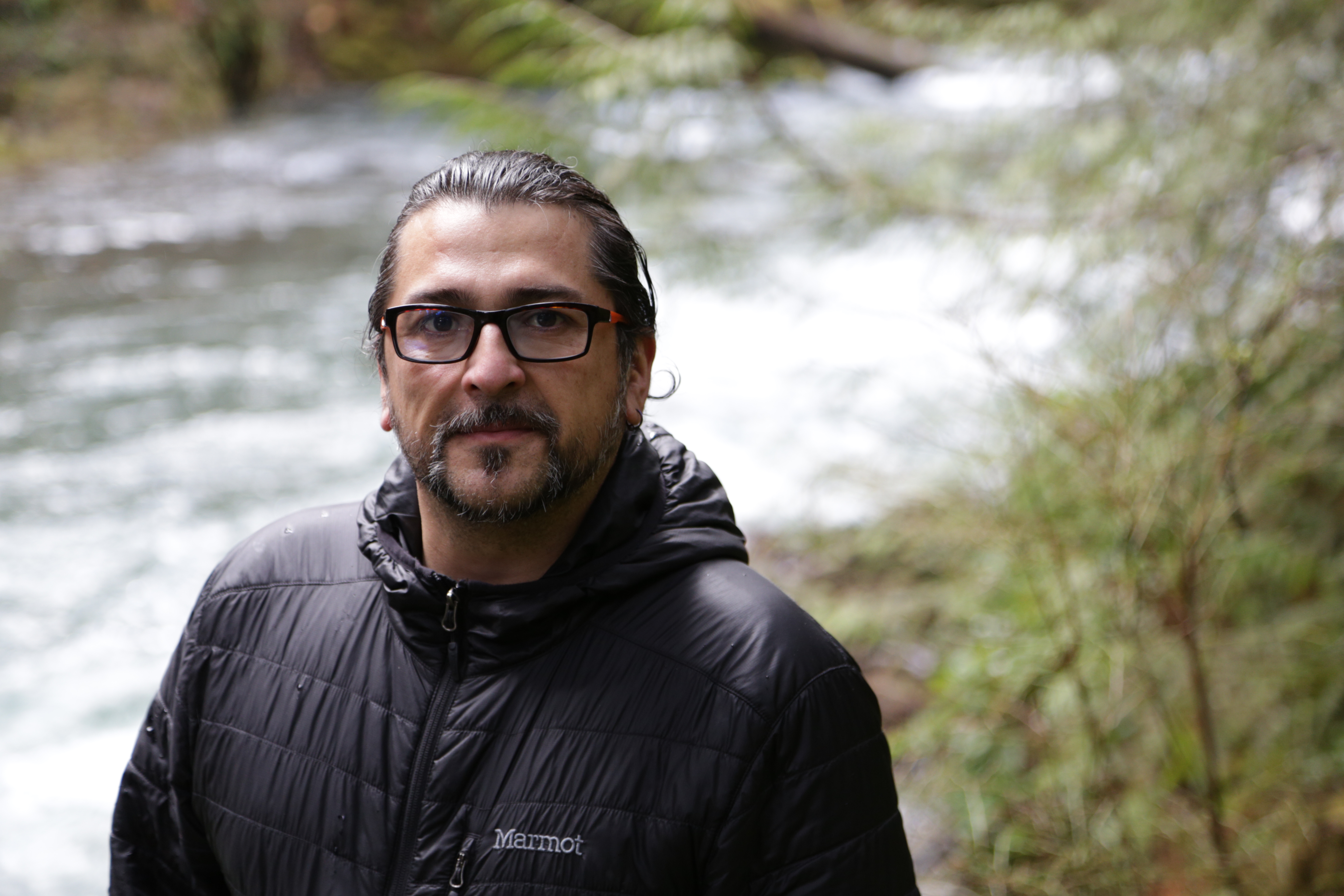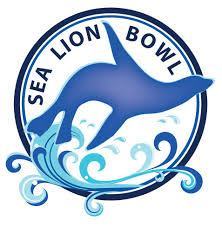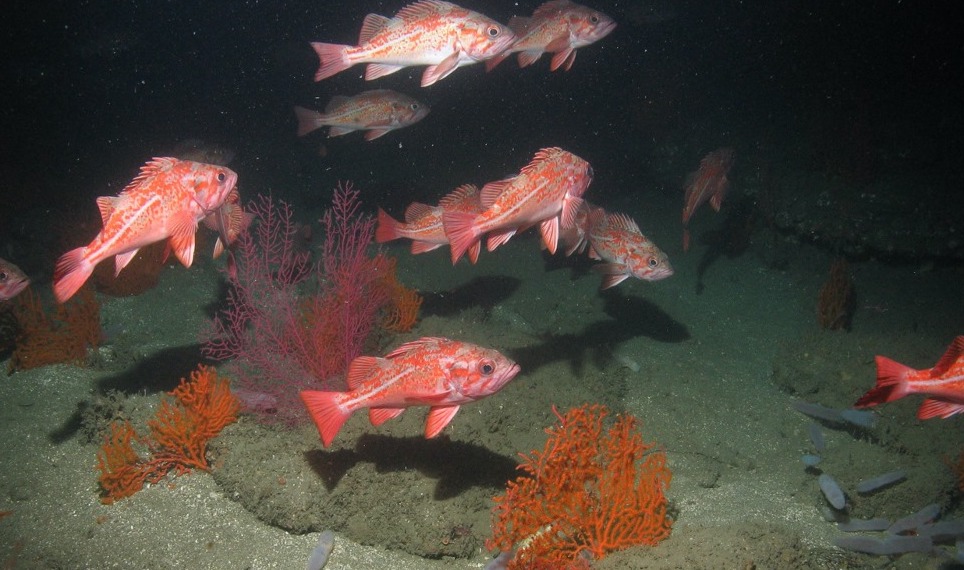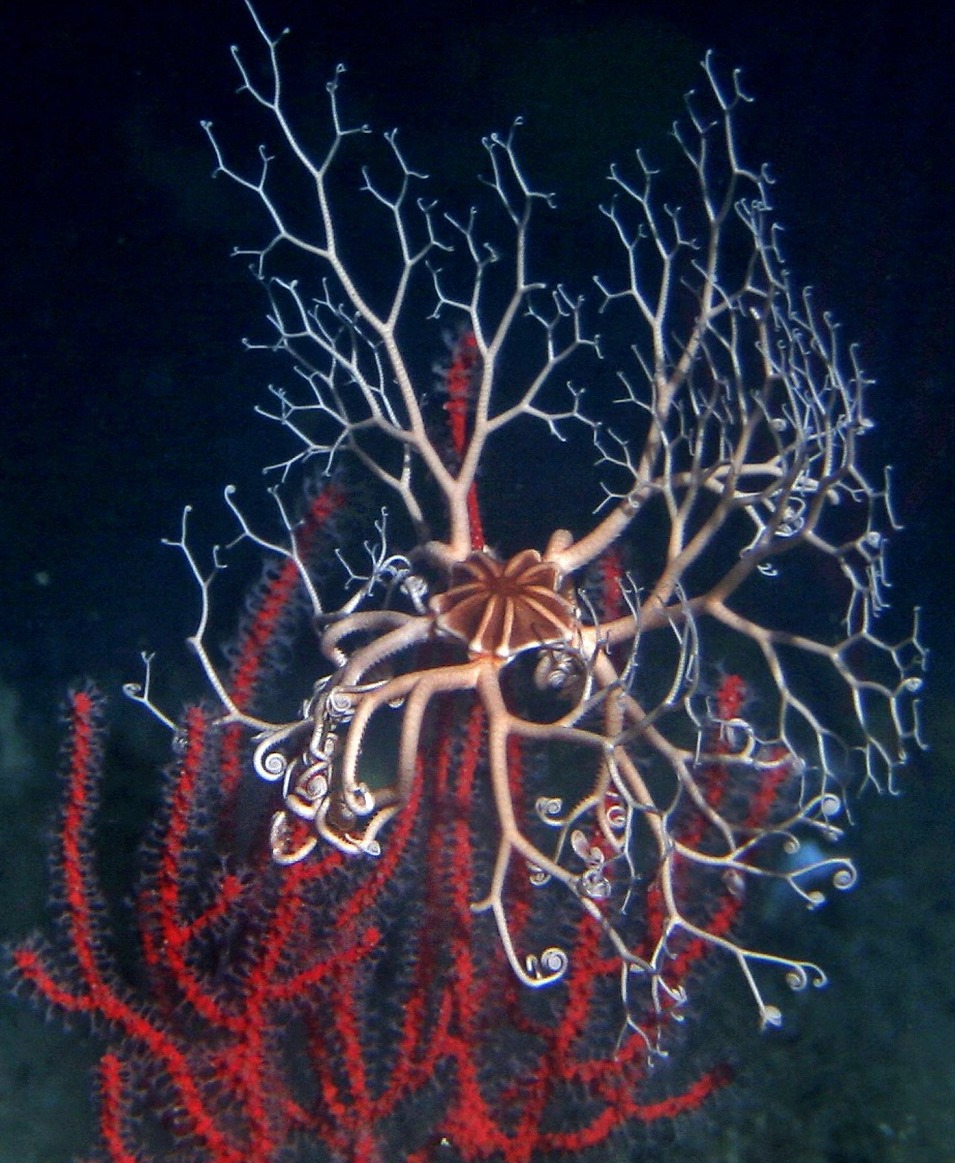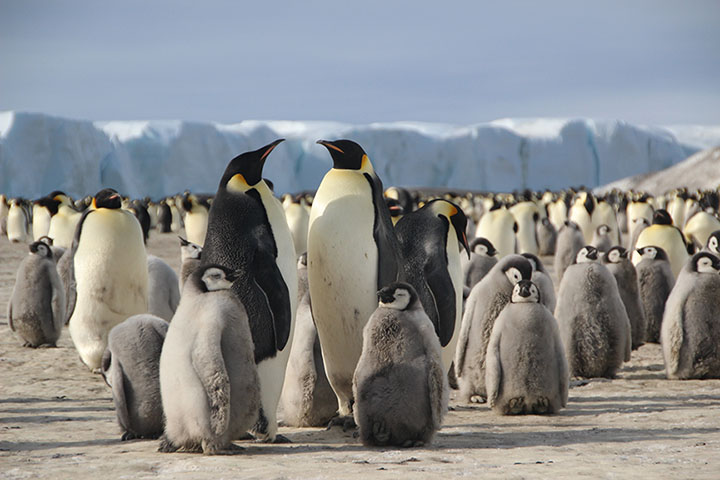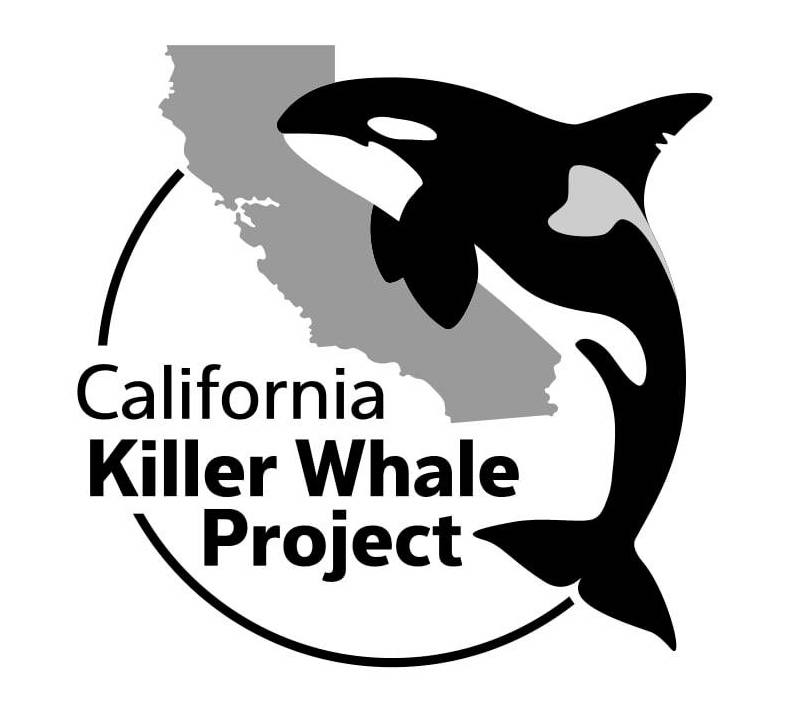Ivan Arismendi, Oregon State University
Hosted by the Fisheries and Conservation Biology Lab
Presenting: "Envisioning a diverse and inclusive research workforce in fisheries science"
MLML Virtual Seminar | January 28th, 2021 at 4pm
Watch the Live Stream here.
Dr. Ivan Arismendi is an aquatic ecologist who currently holds an Assistant Professor position at Oregon State University. Growing up in southern Chile, his interest for aquatic ecology was sparked as he witnessed the invasion of trout and salmon in his native waters. He successfully obtained a bachelor’s degree in Fisheries Engineering and a Doctorate degree in Forest Sciences from Austral University in Chile. Currently, he leads scientific research to improve our understanding about the role of natural variability and human-related disturbances on aquatic ecosystems. Specifically, he focuses on global environmental change, invasion biology, and aquatic food webs. But, he is also interested in the people who use or study in natural resources, which has led to emergent research on diversity, equity, and inclusion in science. To date, Dr. Arismendi has led to over 70 scientific publications and has received various awards, including the “Savery Outstanding Young Faculty Award” from the College of Agricultural Sciences at Oregon State University and the Emmeline Moore Prize from the American Fisheries Society (AFS), a career achievement award that recognizes efforts in the promotion of demographic diversity in AFS. As a mentor and advisor, Dr. Arismendi helps students become the professionals they desire to be and he enhances the student diversity in his department by mentoring and advising both graduate and undergraduate students, including students from Chile, Argentina, Colombia, Malaysia, Pakistan, Russia, and Vietnam. His research lab includes members from a variety of identities and backgrounds including racial minorities, gender minorities, veterans, and international students. He has mentored 2 postdocs, advised 14 graduate students, and mentored 19 undergraduate students. He contributes to several DEI initiatives, including a summer camp to engage high school students from underserved communities, which received the Oregon State University Outreach and Engagement Vice-Provost Team Award for Excellence in 2020. He self-identifies as a LatinX scientist with a strong commitment to serve as an example to students that science is available to everyone.


